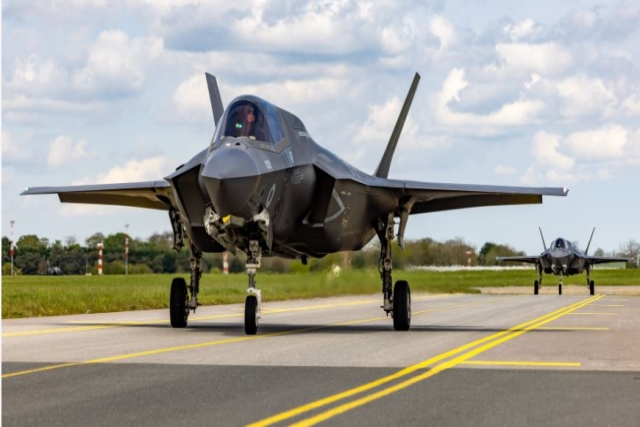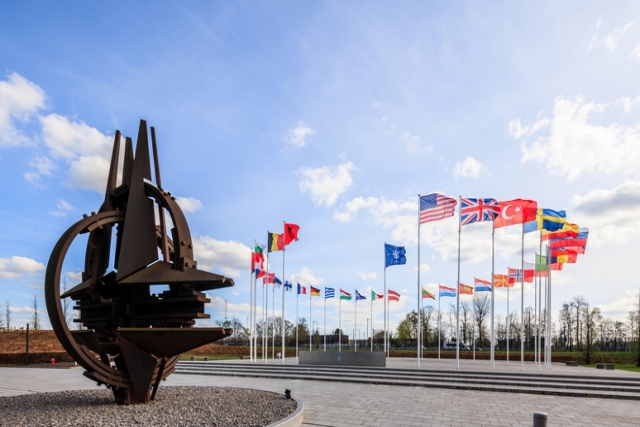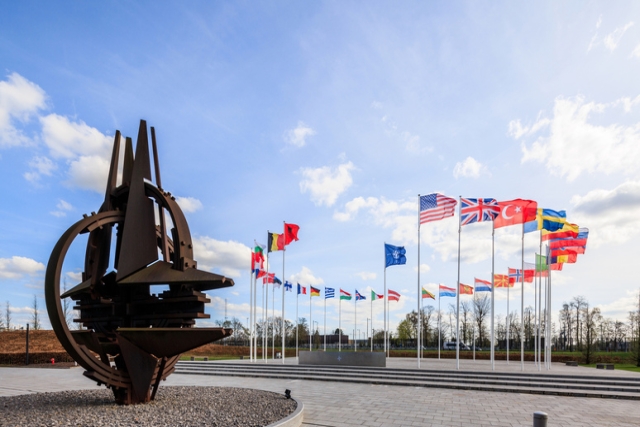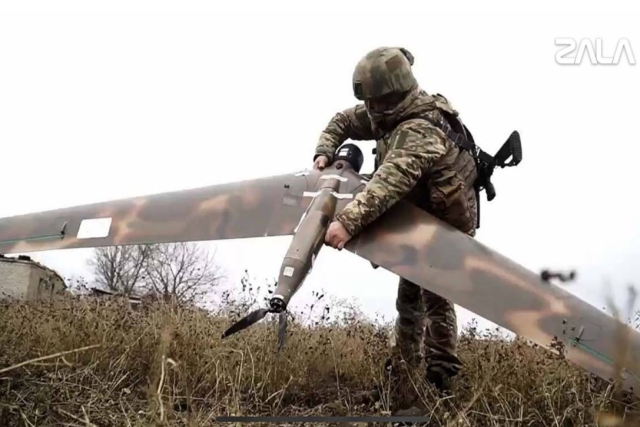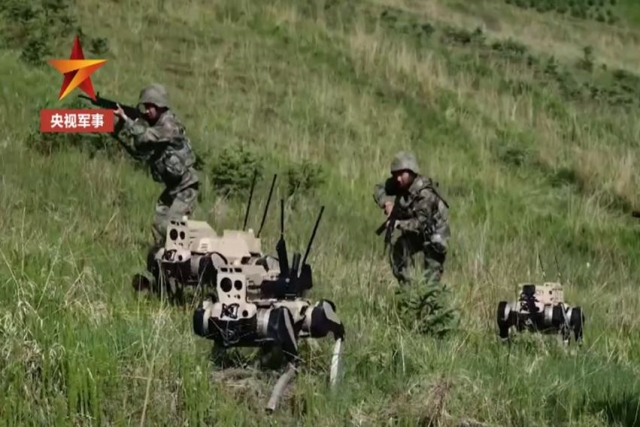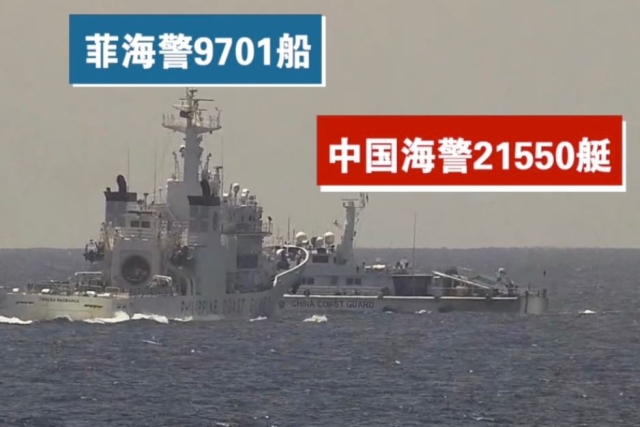U.K., France Agree to Coordinate Nuclear Weapons Use to Defend Europe
Historic pledge signed in London aims to strengthen joint nuclear deterrence amid rising Russian threat and reduced U.S. military presence
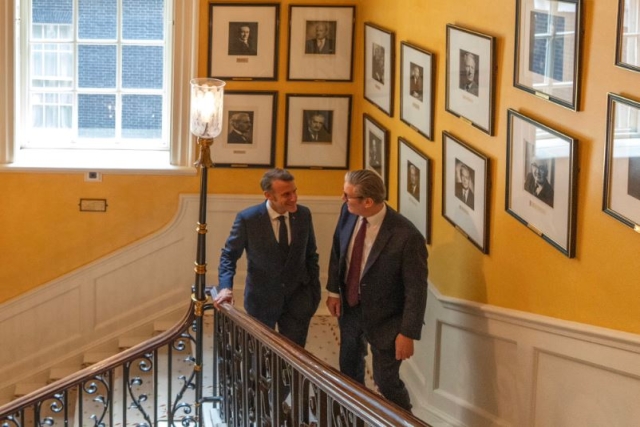
The United Kingdom and France have agreed to coordinate the use of nuclear weapons in the event of an extreme threat to Europe, marking the first such commitment between the two nuclear powers.
The declaration was signed in London by French President Emmanuel Macron and British Prime Minister Keir Starmer during Macron’s official visit to the U.K.
In their joint statement, both leaders pledged to work "closer than ever" on nuclear deterrence. While the nuclear arsenals of both countries will remain under independent national control, the agreement allows for coordination in response to serious threats. The U.K. Ministry of Defence clarified that any adversary threatening the vital interests of either the U.K. or France could face retaliation from both nations' nuclear forces.
The agreement reflects a broader shift in European defense policy, particularly in light of growing concerns over Russian aggression and the possibility of a reduced U.S. military presence in Europe. Germany has recently called for more concrete commitments from France on the continent’s defense. France, although a NATO member, has historically maintained an independent nuclear strategy. In contrast, the U.K.'s nuclear arsenal has been closely tied to NATO’s collective defense.
Under the new deal, the U.K. and France will coordinate deployment of nuclear-capable submarines and warplanes—platforms considered vital for maintaining deterrence due to their mobility and rapid response capabilities. These efforts represent the beginning of deeper nuclear cooperation between the two countries, which together possess the only nuclear arsenals in Western Europe.
Alongside nuclear coordination, the leaders also agreed on enhanced collaboration in other military technologies. This includes developing a new long-range missile to replace the Storm Shadow cruise missile, a new long-range air-to-air missile, and the joint development of artificial intelligence software, anti-drone microwave weapons, and electronic jamming technologies. They also announced plans to procure U.S.-made F-35A fighter jets, which can carry nuclear bombs.
The agreement signals a move toward stronger European defense ties in the face of evolving global threats and changing transatlantic dynamics.
